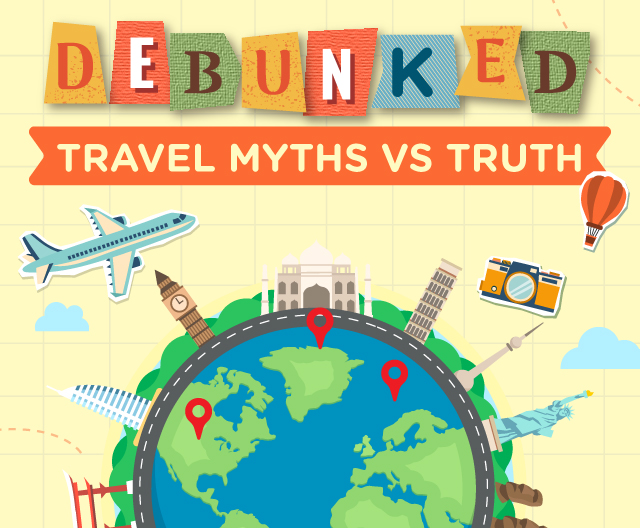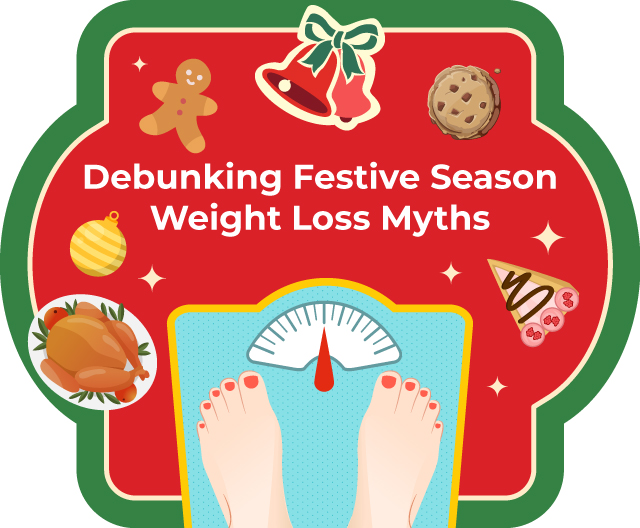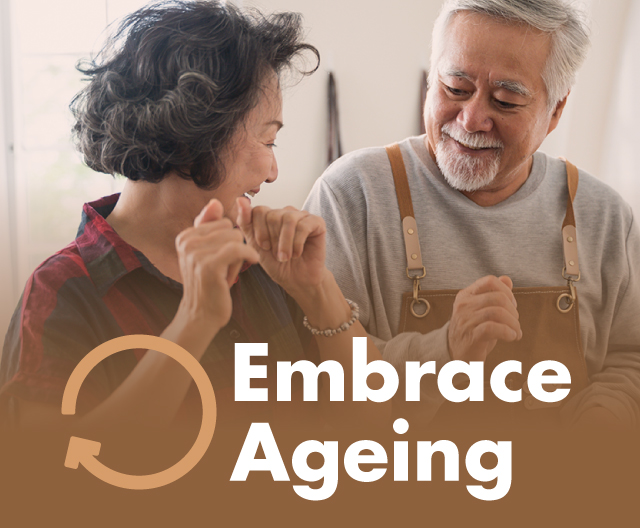Antioxidants
Antioxidants are chemical compounds that can be commonly found in plant-based foods; some can be produced by human body. They curb damage caused by harmful molecules known as free radicals.
Free radicals are molecules with missing electrons, thus making them unstable and highly reactive. Through a process call oxidation, they react and damage other cells, turning them into newly formed free radicals. This process then repeats to form a chain reaction.
We are constantly exposed to free radicals! Our body produces free radicals through processes such as metabolism, however we are a lot more exposed to free radicals from our surrounding environment. Common sources of free radicals include UV rays, chemicals in pesticides and cleaning agents, pollution, radiation, cigarette smoke, alcohol, high sugar intake, blue light and stress. Excessive exposure to free radicals (termed as oxidative stress) can damage our cells and DNA, sparking health issues such as degenerative diseases, heart diseases, premature ageing, and even cancer.
The good news is that antioxidants are electron donors. By donating its electrons to free radical, this free radical is stabilised and stop causing further damages. Although our body can produce antioxidants such as glutathione, the amount might not be sufficient to counteract the amount of free radicals we are exposed to on a daily basis. Fresh fruits, vegetables and wholegrains are other sources of antioxidants that we can turn to. Ideally, we should be consuming two servings of fruits, two servings of vegetables and plenty of wholegrains from staples such as wholemeal or multigrain bread, brown rice and wholewheat noodles or crackers. However, due to our busy and modern lifestyle with most meals eaten outside, it is often very challenging for us to achieve the recommended intake of these antioxidant-rich foods.
Stay Inspired with Health Trends

APRIL MID-MONTH SPECIALS

Travel Myths Revealed: What You Need to Know

Fact vs. Myth: Weight Loss Strategies for the Festive Season
